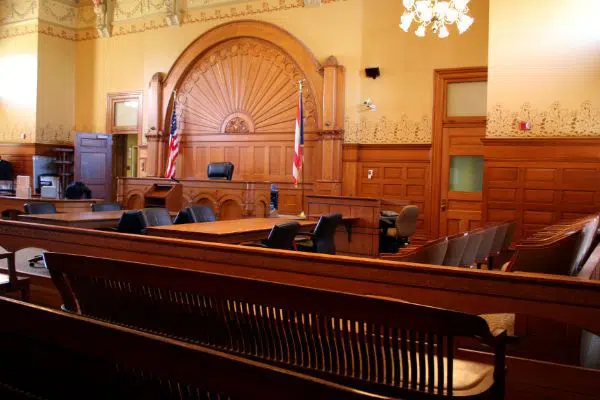The tension caused by the Establishment and Free Exercise Clauses of the First Amendment to the United States Constitution is fairly well known. This tension creates a sometimes hazy line that has spawned numerous cases. One of the issues raised in this area is whether the courts have jurisdiction to resolve church disputes. And, as is common in this area of law, the answer is “yes and no,” and the answer depends on a number of factors.
Most churches will do their best to keep their affairs out of the secular courts. But however great their efforts, on occasion a dispute—whether on the inter-church or intra-church level—will find its way to court. Over time, the United States Supreme Court (and the lower federal courts) have set forth principles for when a court has jurisdiction to decide a dispute. One such instance is when the dispute can be decided by the Court by reference to “neutral principles of law.” An example of this kind of dispute may be a run-of-the-mill dispute over a property lease.
However, the Supreme Court has made it clear in a series of cases that when the resolution of the case turns on a court analyzing the religious beliefs of a church or religious organization, the First Amendment prohibits the involvement of the Court. If a case is such that a Court cannot decide it without choosing sides in a religious dispute, then it must refrain from deciding the case altogether lest it run the risk of violating the First Amendment. Some examples of these kinds of cases may be laws that interfere in the internal governance of a church, or cases involving the hiring, retention, or termination of church leaders. There are numerous cases that address this issue and it can be complicated, requiring experienced counsel to help answer the question whether a court has jurisdiction to resolve a church dispute
So if your church is facing a case in the civil courts, we can help. Provident Law’s church and nonprofit attorneys are here to answer questions and to aid in establishing and crafting policies governing church activities and benefits—and to deal with issues of jurisdiction and scope in the court system. We recognize how essential the missions of religious organizations are for society, and we stand ready to counsel and serve the churches of Arizona. Contact us to learn more.


